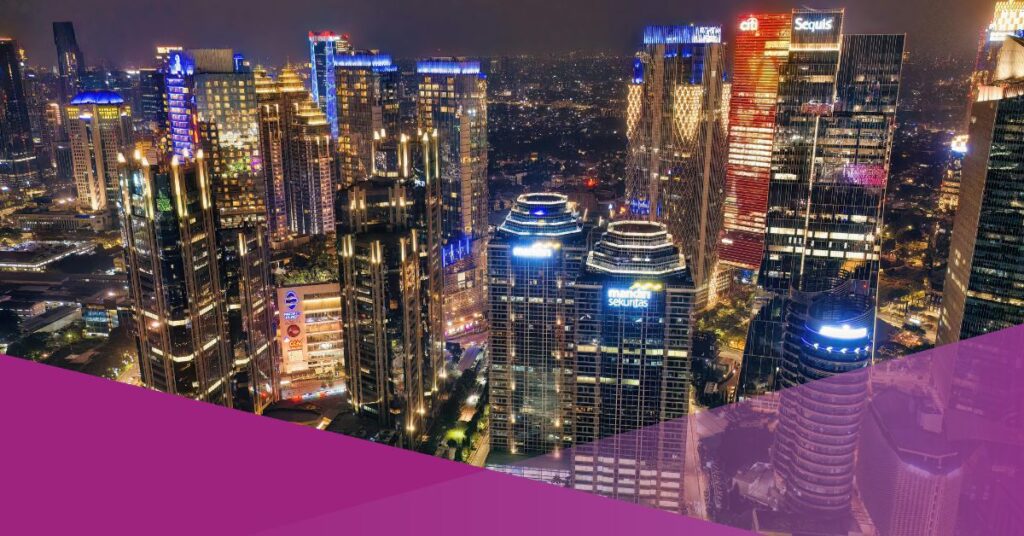The IKN Authority (OIKIN) will officially introduce an artificial intelligence (AI) traffic system across Nusantara, aiming to establish it as a smart and sustainable city. According to Mohammed Ali Berawi, Deputy for Green and Digital Transformation at OIKN, the Proof of Concept (PoC) for intelligent transportation is anticipated to deliver value beyond traffic management and law enforcement by analyzing motor vehicle emissions in specific areas in Balikpapan, as reported by Antara (21/03/2024).
This AI Traffic System initiative is poised to fortify Nusantara’s position, signifying a concerted effort by the government to integrate analytical systems into traffic infrastructure. The PoC’s scope encompasses advanced traffic management, enforcement of traffic regulations, and monitoring of emissions and ecological factors.
“Implementing this technology aligns with Nusantara’s KPI of reducing carbon emissions and promoting public transportation usage,” Ali commented, as reported by Antara on Thursday, March 21, 2024.
Moving forward, the potential of this technology will be fully harnessed within the IKN framework, where case studies and PoC outcomes will be expanded upon. The objective is to facilitate a seamless transition to a smart and efficient digital infrastructure while ensuring smooth city traffic management operations.
Subsequently, the AI Traffic System will be integrated with various administrative systems, enhancing the ecosystem across two cities, Nusantara and Balikpapan.
About Ibu Kota Nusantara (IKN), the new Indonesian National Capital
Nusantara, set to become Indonesia’s new capital city, will supplant Jakarta, which has served as the capital for 78 years since August 17, 1945. Located in East Kalimantan, Nusantara City’s construction is slated to commence in July 2022.
With an estimated value of IDR 523 trillion (US$35 billion), the project will unfold across five phases. Phase 1 kicked off in August 2022, drawing a workforce of 150,000 to 200,000 individuals from various parts of Indonesia.
Additionally, local workers from the Nusantara region are being engaged to ensure their participation in the project. Completion of the entire endeavour is anticipated by 2045, with Phase 5 marking its culmination.

































